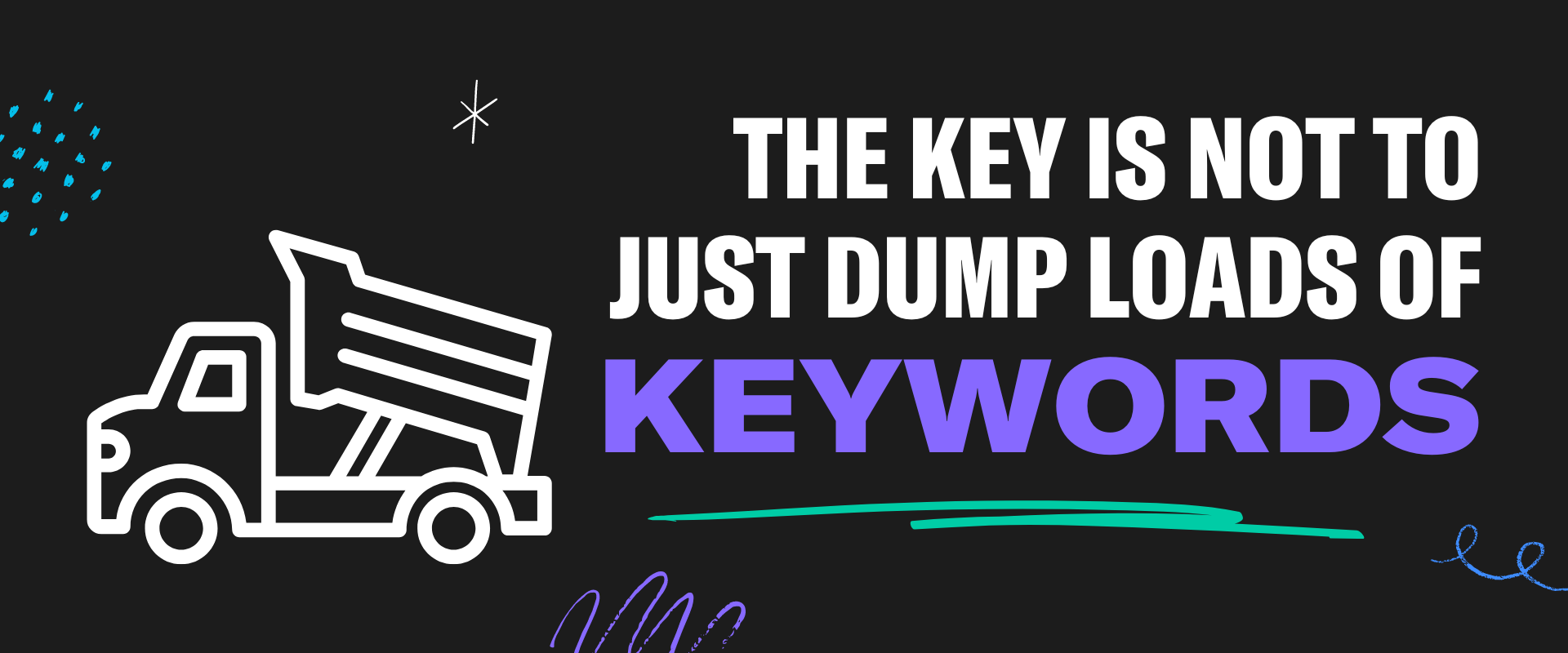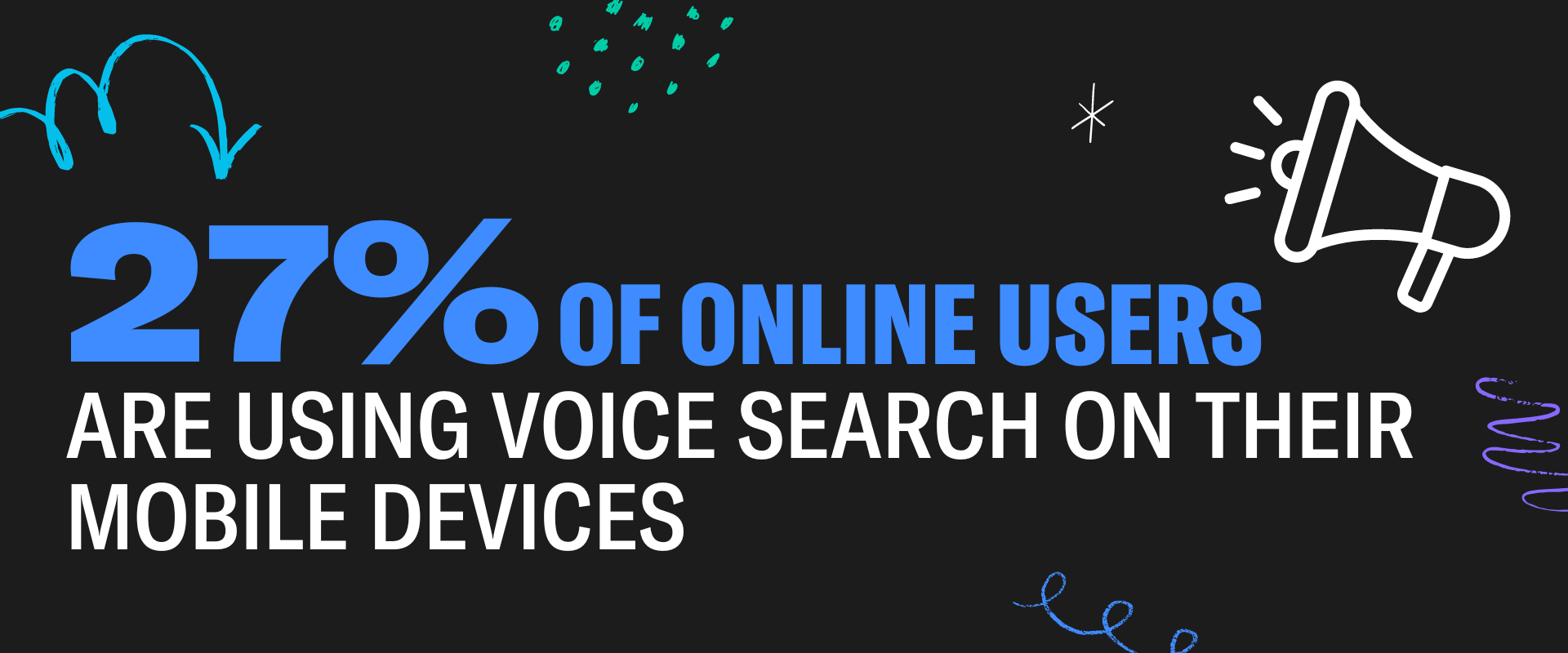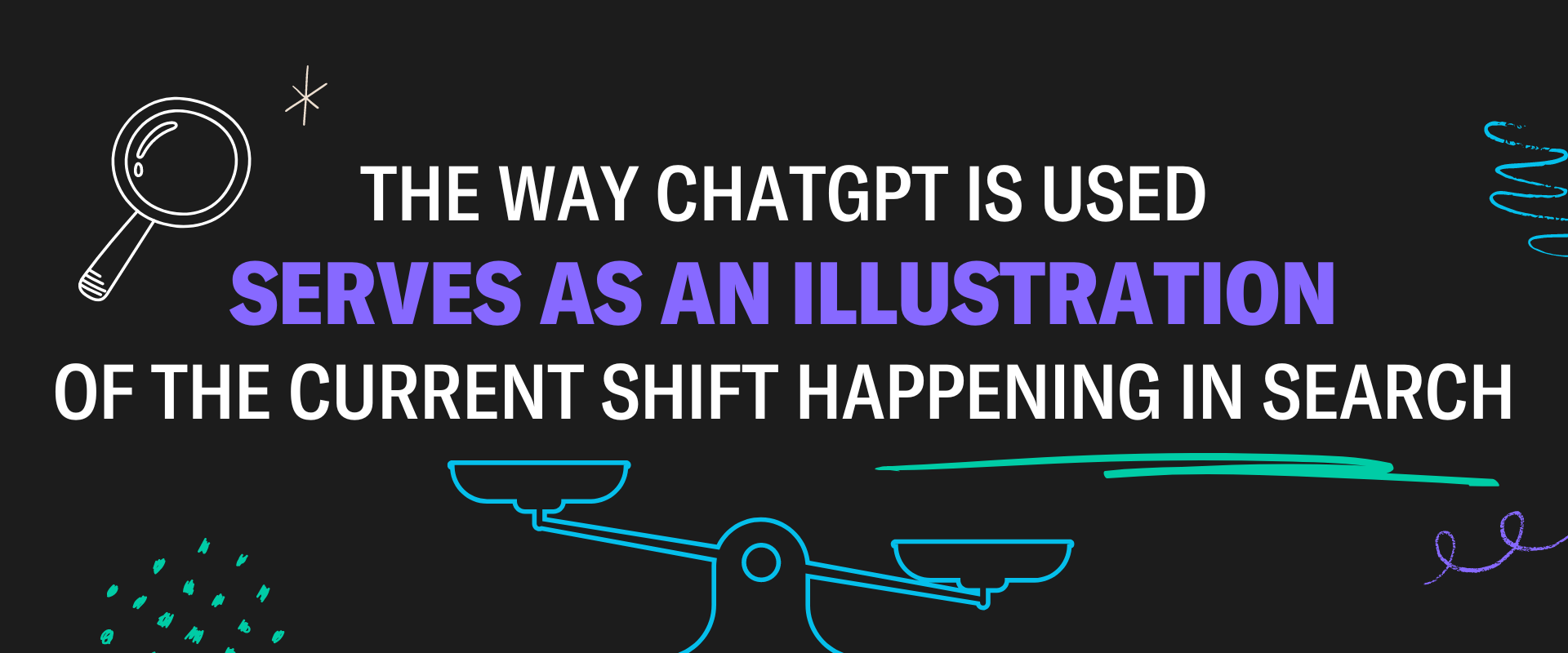The world of Search Engine Optimisation (SEO) can be a daunting place, with what feels like a million things to consider when trying to optimise your site. The problem is not finding information, the problem is finding up-to-date, valuable information which you can put into action yourself.
A quick YouTube search for "SEO Tips" revealed 39 new videos uploaded in just the last hour. While not all of them are relevant, that's almost 1,000 brand-new videos per day to sift through, and this is considered a slow day without any major search engine news.
For the same search term on Google, a staggering 295,000,000 pages were returned – that's four times the population of the UK!
While this article may contribute to the existing noise surrounding SEO tips, its aim is not to add to the clutter. Instead, the goal is to cut through the noise by providing three quick tips that can be implemented immediately with minimal technical knowledge.
So, without further ado, let’s dive in…
Using your keywords in the right places
A quick and easy one to start with. If you want to rank highly for a particular product, it’s important to use that keyword in the right places on your page. This means including it in your URL, your title tag and within the first 100 words of your content.
Google themselves states that URLs with words “relevant to your site’s content and structure are friendlier for visitors navigating your site”.
The key is not to just dump loads of keywords but to think about their strategic placement and value. Aim to use your keywords naturally, don’t just shoehorn them into your content for the sake of them being there though, think about your user's experience.

While Google insists E-E-A-T (Experience, Expertise, Authoritativeness, and Trustworthiness) is not directly a ranking factor, E-E-A-T is a component in Google's algorithm; it makes your content more appetising to the search engine. How? By showing that you're not just another face in the crowd. You're someone who knows their stuff, who's trustworthy, and whose content has value.
So, when you sprinkle your keywords throughout your content, do it with E-E-A-T in mind.
- Are you positioning yourself as an authority?
- Is your content something that would make a reader nod in appreciation, bookmark it, and perhaps even share it with a friend?
Google aims to fish out content that's not just keyword-rich but rich in quality, reliability, and usefulness to the reader.
Optimise for voice search (long tail keywords ftw!)
According to a Google study, 27% of online users are using voice search on their mobile devices, and this number is expected to dramatically increase in the coming years.

With stats like that, it’s no surprise that Answer Engine Optimisation (AEO) is becoming a crucial aspect of modern SEO strategies. As more users turn to voice assistants like Siri, Alexa, and Google Assistant for quick answers, optimising content for these answer engines has become essential for businesses to reach their target audience organically.
When optimising for voice search, consider the conversational language that would be used for quick, question-based queries, rather than the concise commands used for text-based searches.
People will talk to their device like they are talking to another person, nobody speaks in the same way they type. Users are more likely to say "Where can I find a good accountant in Middlesbrough?" instead of simply "Accountant Middlesbrough." This makes it crucial to structure your content with clear headings, bullet points, and concise paragraphs, allowing answer engines to easily extract and present the most relevant information to users.
This nicely brings me to another reason to optimise for long tail keywords: AI in search. While we’re not there yet, like winter, it is coming, we just don’t know when. Projects like Google Gemini hint at what's to come, allowing for a more interactive search experience that leverages direct results from Google searches.
ChatGPT currently has 180 million registered users and more than 1.5 billion monthly visits. As AI becomes more mainstream, users become more conversational and search action-focused phrases rather than generic terms. This means your keywords strategy needs to follow suit.

Thinking about the way ChatGPT is used serves as an illustration of the current shift happening in search. People don't just throw keywords at it; they engage in a dialogue, ask questions, and use natural speech patterns. It's this move towards a more human-like interaction that's setting the stage for the future of search. Keywords are becoming less important, while conversation and context are taking centre stage.
Refresh Existing Content using AI
It’s always a good idea to look at ways of keeping your website content fresh and relevant for search engines. One way of doing this is to revisit and revamp older blog posts and articles using AI technology. This approach allows you to breathe new life into their existing content while boosting search engine optimisation.

By leveraging AI to refresh content, you can identify gaps in your current library and generate new, relevant information to enhance the content's comprehensiveness and appeal to search engines and new audiences.
Here’s an example of how you can use AI efficiently:
- Find an older article on your site.
- Copy your post.
- Paste it into your AI of choice, ChatGPT, Claude, Gemini etc and enter this prompt: “Read this article and give me 3 questions which the reader may have which isn’t covered. Once the questions are generated, ask for the questions to be answered.”
Now take these questions and answers, and add them to the bottom of your blog post or article.
While you’re there, add up-to-date internal links on both your FAQs and the rest of your article. Remember, search engines favour up-to-date and relevant content, and so do your visitors.
To wrap it all up
So, there you have it - three quick, no-nonsense tips. By focusing on creating genuinely useful, engaging, and accessible content, you're not just adding to the noise - you're cutting through it. You're building bridges to your audience, one keyword, one voice query, and one refreshed article at a time.
In the grand scheme of things, we might just be adding a few more drops to the vast ocean of SEO advice. But hey, if those drops help you navigate the waters a little more smoothly, then it's all been worth it. Here's to making those small ripples turn into waves. Happy optimising!

March 21, 2024




